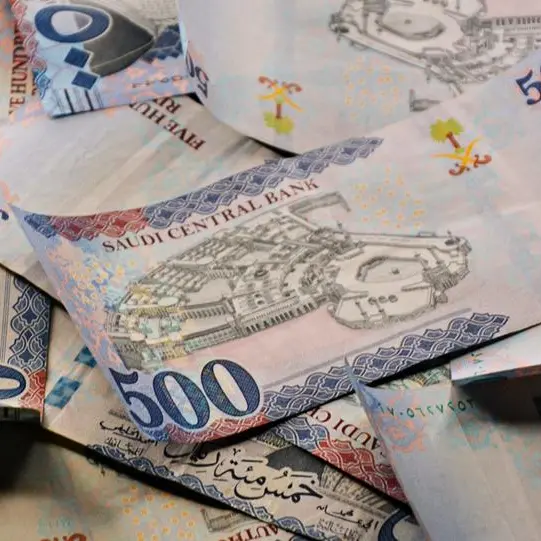PHOTO
LONDON: Economic reforms underway in Saudi Arabia have started to yield “positive results,” the IMF said on Wednesday — although the fund cautioned that challenges, notably the level of government spending, remain.
The International Monetary Fund (IMF) issued its preliminary findings on the Kingdom’s economy following an official staff visit to the country, prior to the preparation of a final report.
It found that reforms under the Vision 2030 program — the ambitious plan to diversify Saudi Arabia’s economy set out three years ago — were paying off.
“Reforms to the capital markets, legal framework, and business environment are progressing well,” the IMF said.
“Non-oil growth has picked-up, female labor force participation and employment have increased.”
Other factors the IMF cited include the “successful introduction” of value-added tax (VAT), energy price reforms, and an increase in fiscal transparency.
But several challenges remain, the IMF cautioned.
“Government spending has risen, supporting growth but raising medium-term fiscal vulnerabilities to lower oil prices. Fiscal consolidation is needed to reduce these vulnerabilities. More generally the economic footprint of the public sector is still large,” it said.
The IMF said unemployment among Saudi nationals remains high.
“To deliver a diversified, productive and competitive economy, reforms need to make Saudi nationals more competitive for private sector jobs, raise foreign direct investment, and increase the availability of finance for young and growing companies,” it said.
The fund said Saudi Arabia’s non-oil sector is expected to grow at a faster rate this year, at 2.9 percent.
Yet the IMF said it expects Saudi Arabia’s fiscal deficit — the difference between government spending and revenues — to rise to 7 percent of GDP in 2019, from 5.9 percent last year.
It urged fiscal consolidation to reduce the impact of “medium-term” vulnerabilities.
“If oil prices are lower than assumed in the government’s budget plan, the country would face large fiscal deficits unless spending was reduced,” it said.
The fund said lowering the government wage bill and considering increasing the VAT rate should be considered.
“A reduction in the government wage bill, a more measured increase in capital spending, and the better targeting of social benefits will all yield fiscal savings. The introduction of the VAT has been very successful, and consideration should be given to raising the rate from 5 percent, which is low by global standards, in consultation with other GCC countries,” it said.
Copyright: Arab News © 2019 All rights reserved. Provided by SyndiGate Media Inc. (Syndigate.info).





















